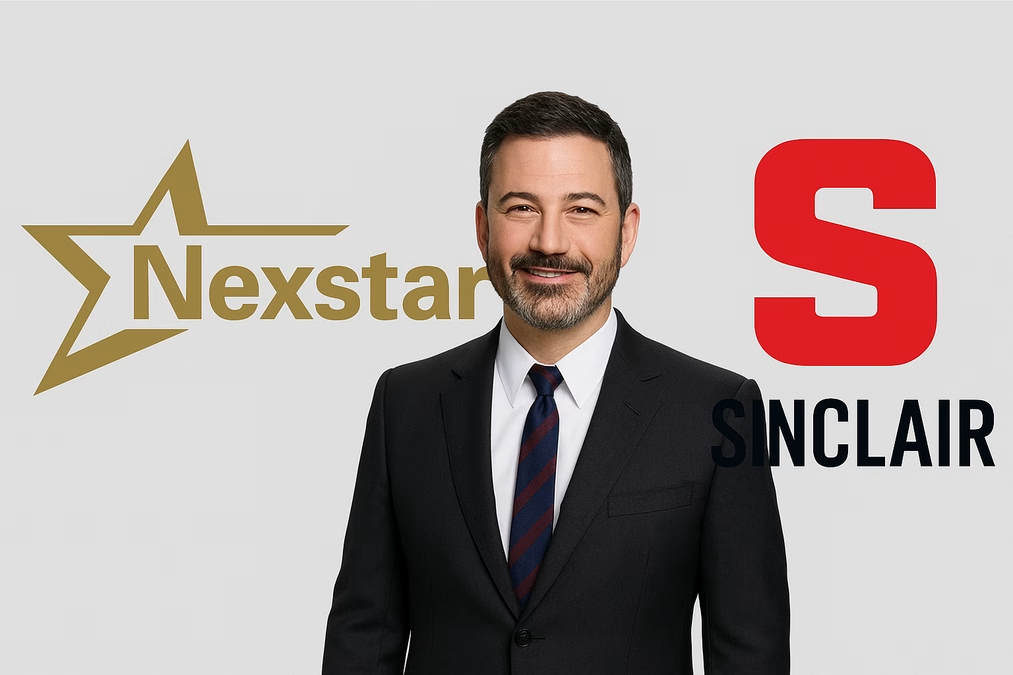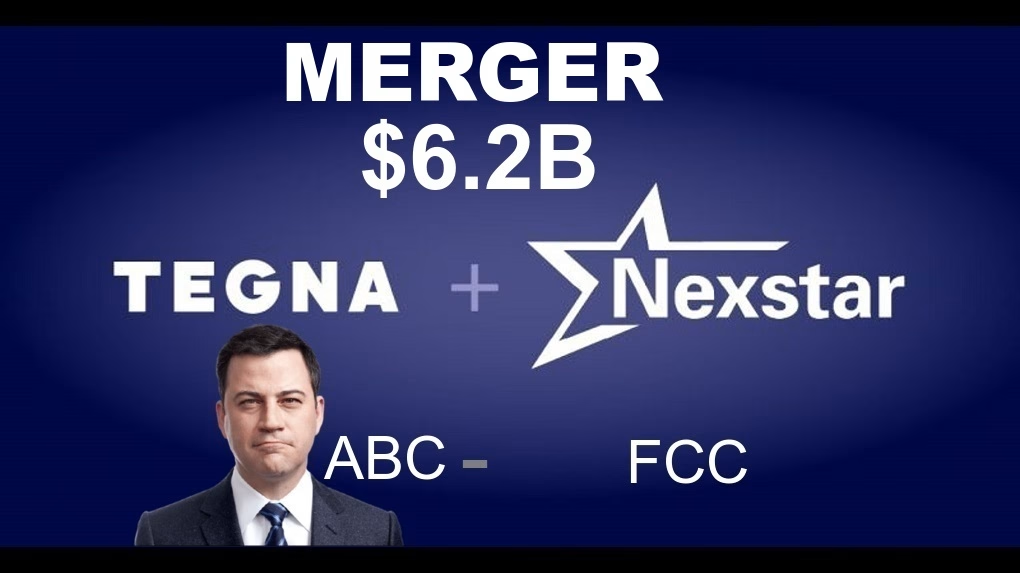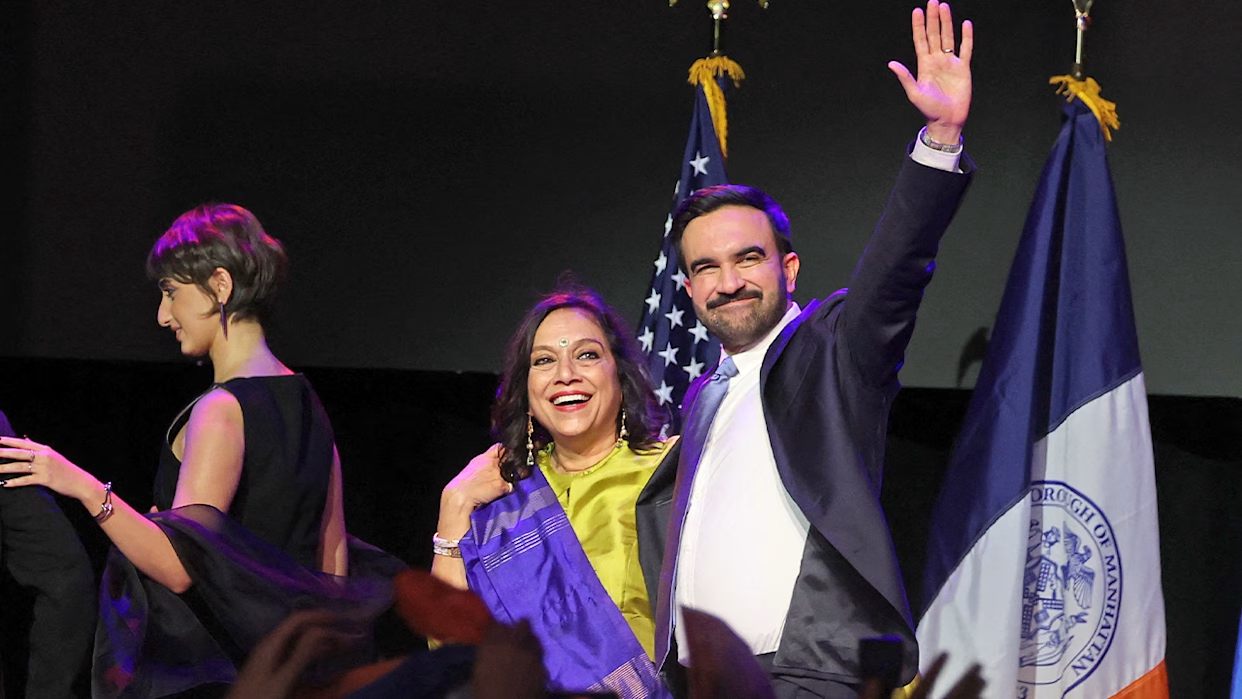By Don Terry | Wednesday, September 24, 2025 | 8 min read
The return of Jimmy Kimmel Live! to ABC was supposed to be a routine victory lap, the reappearance of one of late night’s most recognizable voices after a brief suspension. But instead of a smooth comeback, the show’s reentry has been drowned out by a clash of politics, broadcasting power, and federal oversight. Two of the largest station groups in the country, Nexstar Media Group and Sinclair Broadcast Group, have refused to air Kimmel’s program, leaving millions of viewers in dozens of cities unable to tune in. The decision has sparked a much bigger debate about the relationship between private corporations, political pressure, and the meaning of free expression in an era when entertainment is inseparable from culture wars.
The flashpoint came after Kimmel delivered a monologue about the shooting death of conservative activist Charlie Kirk. He suggested that Tyler Robinson, the Utah man accused of the killing, may have aligned himself with the MAGA movement. His line that Trump supporters were “desperately trying to characterize this kid as anything other than one of them” was enough to ignite outrage. Within days, ABC suspended the show, calling the remarks “ill-timed and insensitive.” Fans lined up outside Hollywood’s El Capitan Theatre for a taping were abruptly turned away.
Disney, ABC’s parent company, reversed course and announced that the show would return. That decision triggered an even stronger reaction from affiliates. Nexstar, which owns or operates more than 200 stations, including 32 ABC affiliates, issued a statement declaring, “We made a decision last week to preempt Jimmy Kimmel Live! following what ABC referred to as Mr. Kimmel’s ‘ill-timed and insensitive’ comments at a critical time in our national discourse. We stand by that decision pending assurance that all parties are committed to fostering an environment of respectful, constructive dialogue in the markets we serve.” Sinclair, another giant in the industry, joined them.
Together, Nexstar and Sinclair control access to nearly a quarter of U.S. television households, a staggering reach that makes their refusal more than symbolic. For ABC, the blackout undercuts ratings and slashes the value of national ad buys, effectively weakening the program’s commercial foundation. For viewers, it means that a show long known for its mix of comedy, celebrity interviews, and sharp political satire simply won’t be available in large swaths of the country.
What makes Nexstar’s refusal especially volatile is the timing. The company is awaiting approval of its $6.2 billion takeover of Tegna, another massive station group. If the Federal Communications Commission signs off, the merger would create a behemoth covering roughly 80% of American households. That approval rests in part on the discretion of FCC Chairman Brendan Carr, a Trump appointee with close ties to Project 2025, a conservative blueprint for government overhaul.
Carr hasn’t been shy about his views. Appearing recently on a right-wing podcast hosted by Benny Johnson, he warned broadcasters, “We can do this the easy way or the hard way,” when asked about Kimmel’s remarks. His comments were widely interpreted as a threat: play ball with the FCC’s political expectations, or risk regulatory pain. For Nexstar, keeping Kimmel off the air could be a way of signaling loyalty while its merger is under review. For Carr, the episode represents an opportunity to flex power in a way that appeals to Trump’s base — and perhaps to Trump himself, who has made vengeance and loyalty central to his political brand.
The comparison to the famous Colorado “gay wedding cake” case, Masterpiece Cakeshop v. Colorado, is hard to ignore. In that 2018 decision, the Supreme Court ruled narrowly in favor of a baker who declined to design a cake for a same-sex wedding, citing hostility from state regulators toward his religious beliefs. The ruling left unresolved whether businesses more broadly could refuse service on ideological grounds, but it underscored the Court’s inclination to protect private discretion in matters of expression.
That precedent looms over the current dispute. If the refusal to air Kimmel’s program ever made its way to the Supreme Court, the conservative majority would likely see Nexstar and Sinclair as private actors with rights to control their own programming. Forcing them to carry Kimmel could be viewed as compelled speech, something the justices have consistently resisted. Just as the baker was not forced to design a wedding cake, broadcasters might not be compelled to transmit programming they reject on ideological grounds.
There is a wrinkle, however: television stations don’t operate like bakeries. They use public airwaves licensed by the government, with a statutory obligation to serve the “public interest, convenience, and necessity.” By pulling a major network show purely for political reasons, critics argue, Nexstar and Sinclair may be failing that duty. But given the current Court’s makeup — six conservative justices — it’s far more likely they would rule narrowly and deferentially, upholding the stations’ discretion while avoiding a sweeping pronouncement. Viewers hoping the judiciary might step in to restore access to Kimmel’s show would be wise not to hold their breath.
Meanwhile, Disney has found itself under siege from multiple directions. Its suspension of Kimmel drew immediate backlash from the creative community, many of whom saw it as capitulation to political pressure. Within days, more than 400 celebrities — including Selena Gomez, Martin Short, Jamie Lee Curtis, Kerry Washington, and Lin-Manuel Miranda — signed an open letter organized by the American Civil Liberties Union condemning the move. The letter warned that attempts at censorship, whether from government officials or corporate partners, “strike at the heart of what it means to live in a free country.”
The tug-of-war reflects deeper trends in American media. Nexstar is not just a station group; it also owns NewsNation, a cable channel launched in 2020 with ambitions of becoming a centrist alternative to Fox News and MSNBC. It holds a majority stake in the CW Network as well. Sinclair has long drawn criticism for injecting right-leaning commentary into local newscasts, sometimes requiring anchors to read editorial scripts. Their combined refusal to air Kimmel is therefore not a one-off decision, but part of a larger pattern of politicized broadcasting.
The stakes extend beyond late-night comedy. At issue is whether corporations that dominate public access to the airwaves can use that dominance to shut out voices they dislike, even when those voices come from within the very networks they are contracted to carry. If Nexstar and Sinclair succeed without legal consequence, it may set a precedent for other affiliates to pick and choose programming based on ideology rather than contractual or public-interest obligations. The chilling effect could spread far beyond Kimmel, reshaping the boundaries of what network television audiences are able to see.
For viewers in places like Salt Lake City, Nashville, and dozens of other markets, the impact is simple: they cannot watch Jimmy Kimmel Live! even if they want to. Instead, local stations fill the time slot with syndicated reruns or extended local news. Nexstar insists this better serves community standards, but for those who once relied on Kimmel for nightly satire, the absence is glaring.
Whether this controversy fades into a blip in television history or becomes a defining moment in the battle over free expression will depend on how regulators and courts act in the months ahead. The FCC could approve Nexstar’s merger without conditions, emboldening affiliates to continue down this path. Or it could impose requirements that remind broadcasters of their duty to the public. If litigation ensues, the Supreme Court may eventually be asked to decide how far “editorial discretion” stretches when the companies exercising it dominate so much of the national media landscape.
For now, though, the late-night stage is missing one of its loudest voices. What should have been a simple return for Jimmy Kimmel has instead become a proxy war over politics, power, and the very nature of freedom in American media. In an era where even comedy shows are litmus tests for loyalty, the silence of absence says more than any monologue ever could.
Is Trump Correct to Designate Antifa but Not the KKK or Neo-Nazis as Terrorist Organizations?
America Must Mourn All Victims of Gun Violence, From the Forgotten to the Famous Like Charlie Kirk
Would Google Cave to Trump and Remove Jimmy Kimmel Despite His 20 Million YouTube Subscribers?
ABC Removes Kimmel From Late-Night Lineup; No Response From The View
Fedlan News Breaks Story on Nexstar–Tegna Deal and Its Unexpected Tie to Jimmy Kimmel’s ABC Exit






